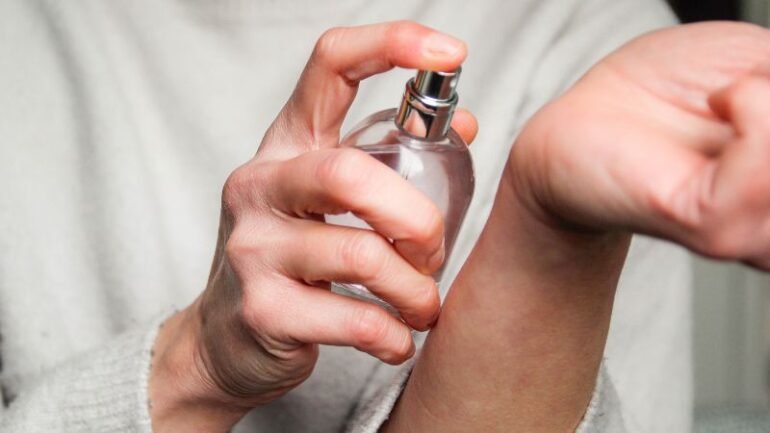Scientists long ago revealed what pheromones are – invisible scents which can impact a person’s reaction to another person.
Some people believe that pheromones can literally be bottled up and used to attract a sexual partner.
A number of companies have attempted just that, creating fragrances which they claim have pheromones that might make you more attractive, but do these fragrances actually work?
Let’s start by breaking down the science behind pheromones. Pheromones are chemical signals which are released by certain organisms for communication; more often than not, these signals are passed back and forth between the same species.
The pheromone was first discovered in the 1870’s by French entomologist Jean Henry Fabre who claimed it was smell that attracted male moths to female moths. Around 80 years later, scientists discovered the sex pheromone Bombacol, which is produced by female silk worm moths to attract male moths of the same species.
So, why do some smells have the ability to change a person’s behaviour? Well, first I think it’s important to note that pheromones are smells but not all smells are pheromones. A pheromone usually consists of a single chemical or several different chemicals which can induce a certain reaction in the person smelling the pheromone.
There are two different kinds of pheromones: releases and primers. Release pheromones can alter a person’s behaviour almost instantly while primer pheromones can induce behavioural changes over a longer period of time.
While the existence if pheromones among the animal kingdom has long since been proven, do the same laws of physiology apply to humans? Will that questionable bottle of Sex Panther really help you to attract a partner?
Cosmos Magazine journalist Imma Perfetto breaks down the science behind pheromones and reveals whether humans are susceptible to certain fragrances.
Tune into the full episode of Huh? Science Explained below…
